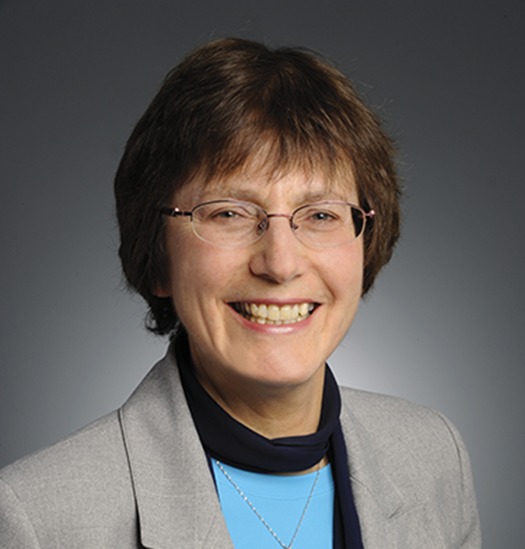
Dear Colleagues,
The CFPC recently held an invitational colloquium on end-of-life care. Other professional associations (the Canadian Medical Association and the Canadian Society of Palliative Care Physicians, among others) are also engaging their members in discussing these issues. There will eventually be specific communication from the CFPC’s task force on end-of-life care, but I want to share with you here some of the elements of our discussion that will make me pause for further reflection.
Important demographic trends are upon us.
By 2030, more than 20% of the Canadian population will be older than 65 years of age.1 Canadians will live longer, and many will need to cope with 2 or more chronic illnesses, contributing to frailty and vulnerability in old age.
Family physicians’ involvement in the lives of seriously ill and dying patients is changing.
For a variety of reasons (eg, barriers of time and money, and involvement of multiple providers, often in hospital settings), family physicians have become less involved in end-of-life care. Yet new legislative requirements, such as those in Quebec, combined with changing demographic trends and societal attitudes about death and dying beg renewed and enhanced involvement of family doctors in end-of-life care.
Standardized definitions and terminology matter.
Participants in the colloquium found that definitions used in a background document (that will ultimately be published) were helpful, especially the distinction between physician-assisted suicide (PAS) and euthanasia. It is understood that it will be difficult to achieve complete consistency of definitions, but efforts to clarify terms as much as possible are important for governments, policy makers, and clinicians, as well as for patients and their circles of support. There was a sense that the term palliative sedation was often used inappropriately and might be confused with euthanasia (which it is not), and that there was a need to properly define some terms (eg, medical aid in dying), as well as to rethink others (eg, PAS vs physician assistance in dying).
Important legal and ethical issues challenge our profession in considering PAS and euthanasia.
Dr Jos Welie, Professor of Health Ethics in the Center for Health Policy and Ethics at Creighton University in Omaha, Neb, and Mr Hugh Scher, a lawyer specializing in health, employment, and human rights law, provided their perspectives on these issues and encouraged us to think about our own values, motivations, and perspectives in response to patient requests for PAS or euthanasia. How should we approach such requests? Is it “OK” to say no? If family physicians work in a legislative framework that permits PAS or euthanasia, what are their legal and ethical obligations regarding referrals for such practices?
Family physicians have an important role to play in end-of-life care, including advance care planning.
Advance care planning was not a specific topic of discussion but it came up in relation to our need to approach palliative care as a public health issue. Advance care planning needs to be “owned” by each of us, in discussion with patients’ family members and circles of support. However, we as family physicians, accompanying our patients for the little and big things in life, need to encourage them to plan for the end of their lives, provide them with appropriate resources, and be there, when needed, to answer their questions.2 The members of the Advisory Committee on Family Practice, with support from our staff in the department of Health Policy and Government Relations, have developed advance care planning resources aimed at patients, which will be available on the CFPC website in the future.
For me, this colloquium reinforced the importance of preparing future family physicians to accompany their patients on the last journey, and to provide—together with a team of compassionate, well prepared clinicians— superb palliative care. The discussion also validated the work we are currently doing to support enhanced skills in family medicine in palliative care. Dr Bill Sullivan, Chair of the CFPC’s Committee on Ethics, concluded the meeting by emphasizing the importance of family physicians affirming their own commitment to caring for their patients who are at the end of life, and gave examples of how we could express this commitment to them. With his permission, I am pleased to share them with you:
We won’t give up on you;
We will aggressively treat pain and suffering;
We will care for your family;
We will never doubt you;
We won’t force treatment on you;
We will inform you; and
We will always listen to you and help you with advance care planning.
Acknowledgments
I thank Dr Bill Sullivan and Mr Eric Mang for their review of this article.
Footnotes
Cet article se trouve aussi en français à la page 859.
References
- 1.Léonard A. Canada’s aging population and public policy. 1. Statistical overview. Ottawa, ON: Library of Parliament; 2011. [Google Scholar]
- 2.College of Family Physicians of Canada . CFPC summary report. Colloquium on end-of-life care: addressing the family medicine perspective. Mississauga, ON: College of Family Physicians of Canada; 2014. [Google Scholar]


